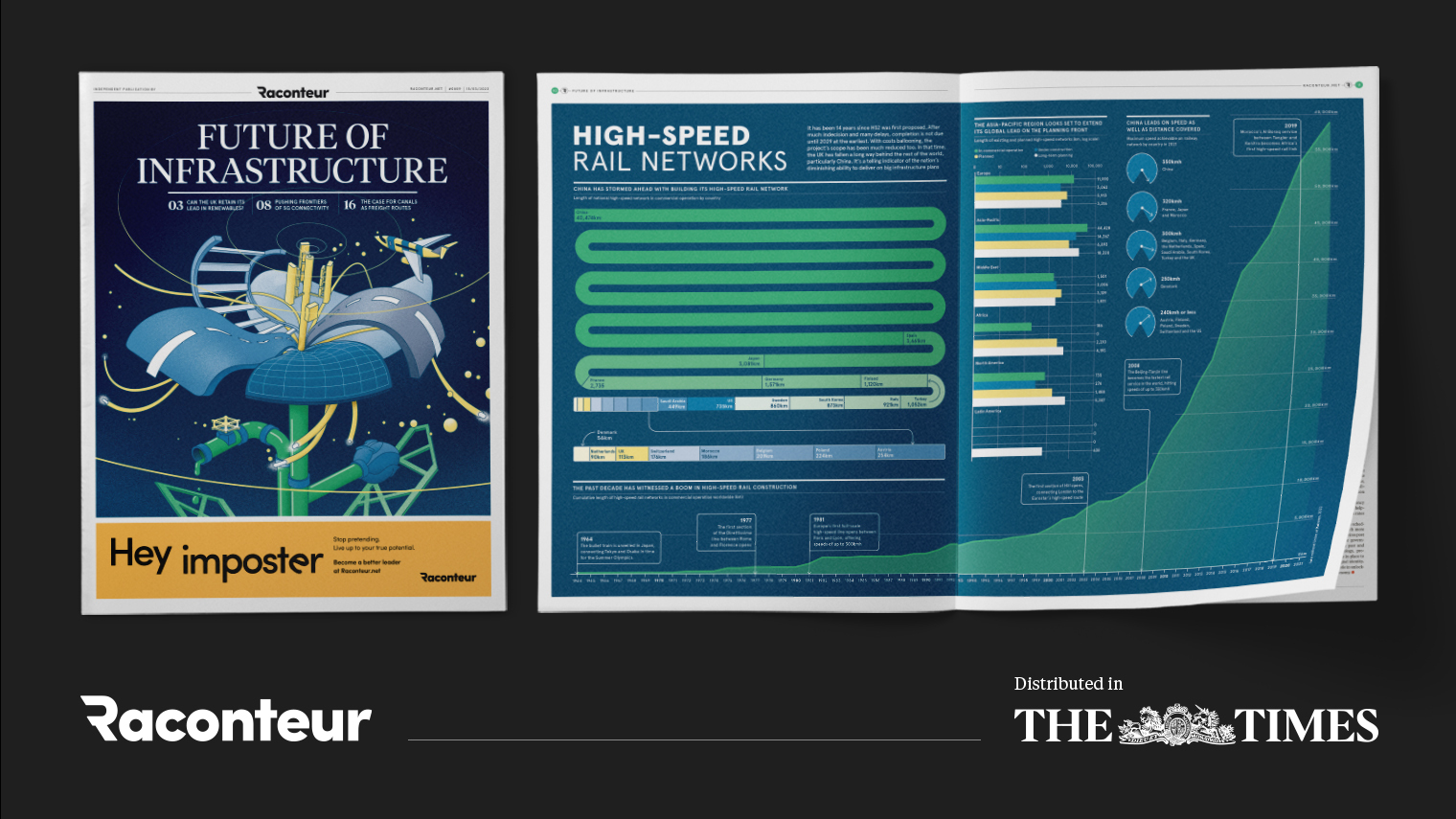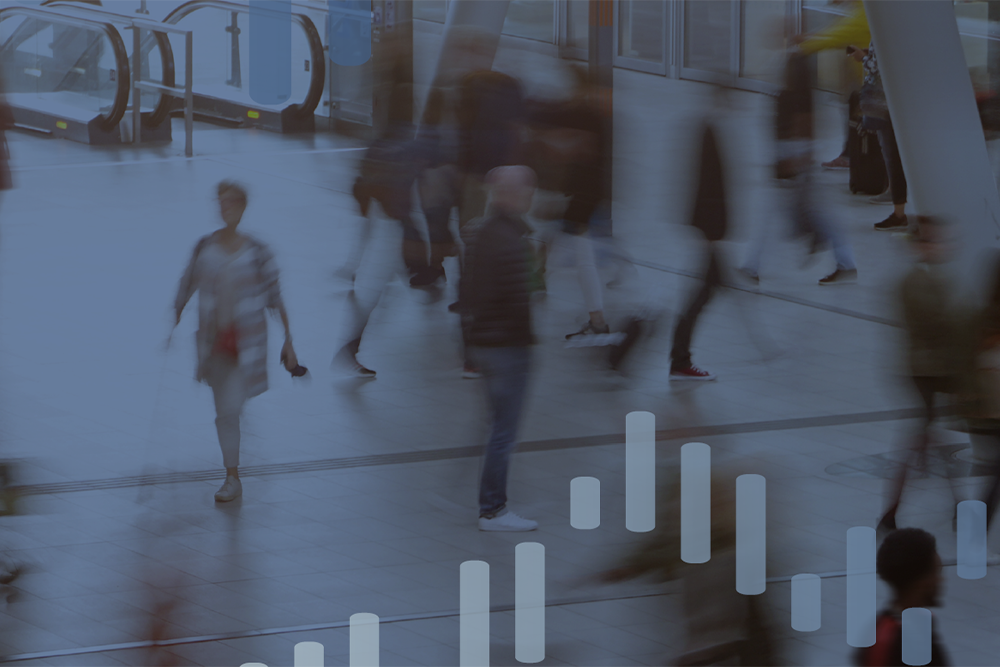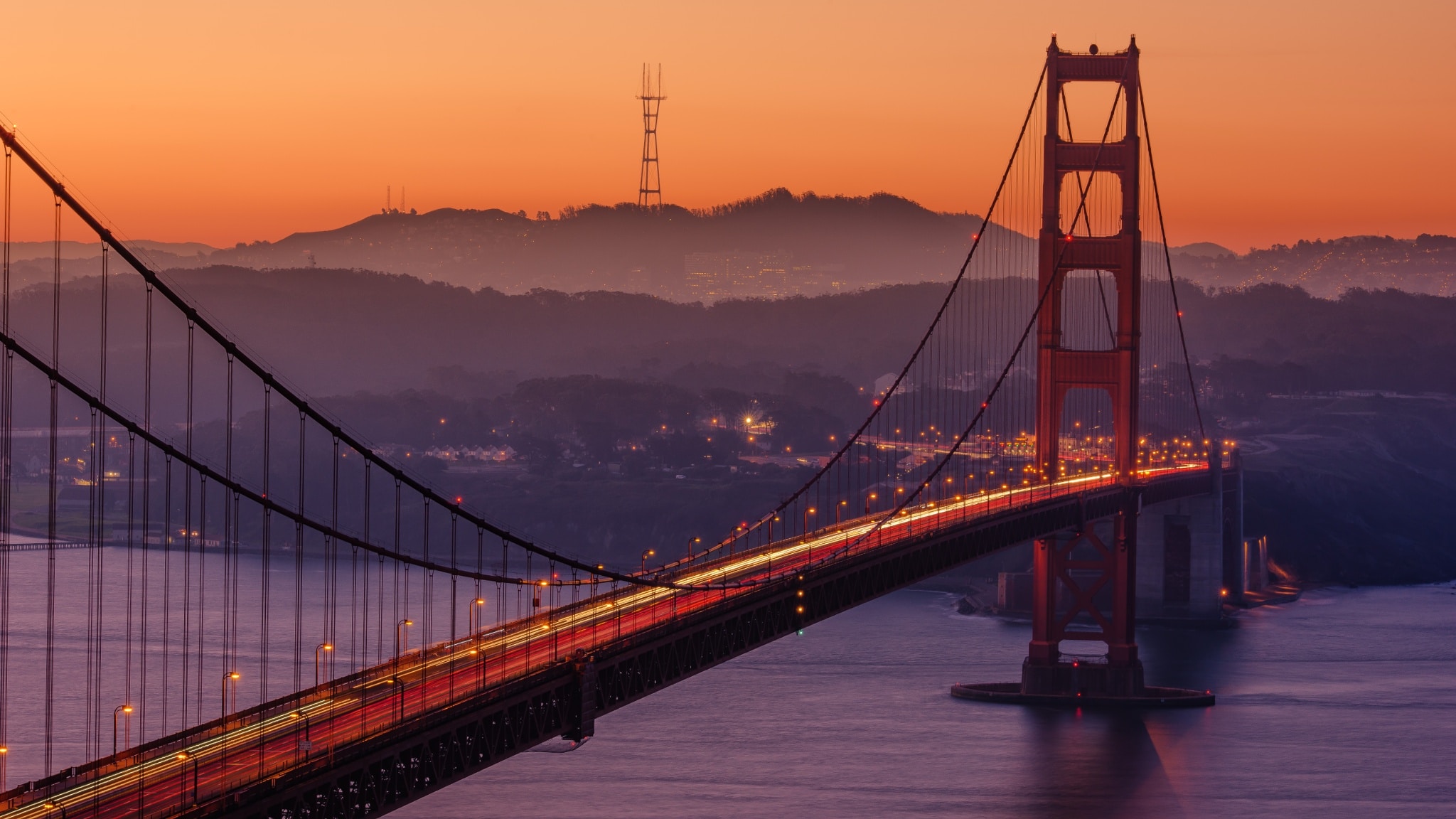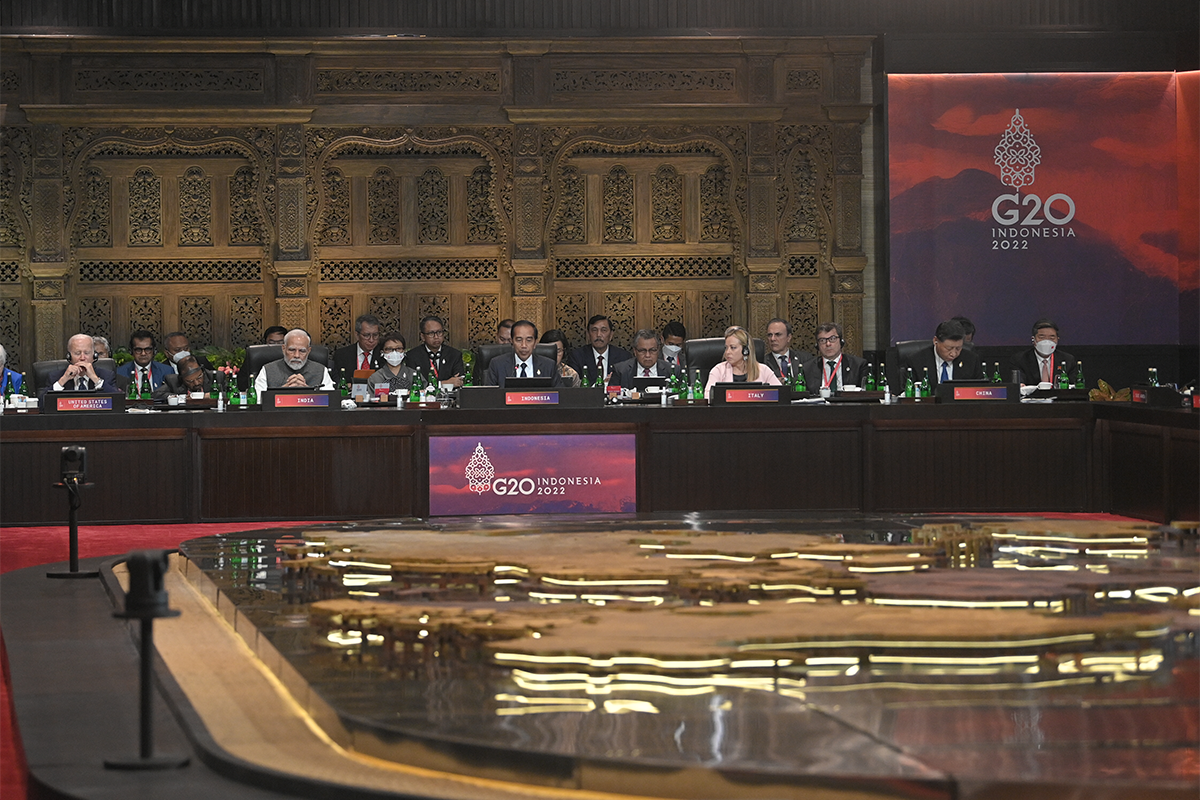Filter by
288 results found
News
Our co-authored article with the Wilson Center explains how emerging and developing economies can create an enabling environment for private investment by de-risking at the country level
Read time: 1 minute
Published
21 Jun 2023
View news


News
At last week’s meetings of the G20 Finance Ministers in Washington DC in the margins of the World Bank / IMF Spring Meetings, conversations continued to drive toward action on debt, reform of multilateral institutions, and sustainable finance and investment for the climate transition.
Read time: 1 minute
Published
19 Apr 2023
View news


News
Recently, the GI Hub coordinated a discussion of asset recycling as part of a presentation to fellows of the ASEAN Sustainable Leadership in Infrastructure Program.
Read time: 3 minutes
Published
12 Apr 2023
View news


News
Infrastructure definitions and classifications (taxonomies) have a huge impact on how much gets invested in infrastructure and what types of infrastructure get this investment. This week the G20 and GI Hub held a roundtable on infrastructure taxonomies to explore how they can be used to help close the infrastructure investment gap.
Read time: 5 minutes
Published
29 Mar 2023
View news


News
This week the Australian British Chamber of Commerce, the GI Hub and KPMG co-hosted an intimate infrastructure roundtable with the Lord Mayor of the City of London and senior Australian private sector participants, industry associations, think tanks, government, and infrastructure agencies.
Read time: 1 minute
Published
28 Feb 2023
View news


News
A summary of the first G20 Infrastructure Working Group meeting under the Indian G20 Presidency in January 2023
Read time: 1 minute
Published
19 Jan 2023
View news


News
McKinsey interviews our CEO, Marie Lam-Frendo about key strategies to help infrastructure leaders to attract private investment and meet net zero goals
Read time: 1 minute
Published
14 Jun 2023
View news


News
At last week’s meetings of the G20 Finance Ministers in Washington DC in the margins of the World Bank / IMF Spring Meetings, conversations continued to drive toward action on debt, reform of multilateral institutions, and sustainable finance and investment for the climate transition.
Read time: 3 minutes
Published
19 Apr 2023
View news


News
Recently, the GI Hub coordinated a discussion of asset recycling as part of a presentation to fellows of the ASEAN Sustainable Leadership in Infrastructure Program.
Read time: 1 minute
Published
03 Apr 2023
View news


News
The first meeting under the Indian G20 Presidency of the G20 Finance Ministers and Central Bank Governors in Bengaluru, India was a productive meeting, despite the ongoing problems evident on the global stage. Our CEO Marie Lam-Frendo discusses the outcomes.
Read time: 2 minutes
Published
02 Mar 2023
View news


News
After seven weeks of intensive training on infrastructure project finance and delivery, the third cohort of the Africa Infrastructure Fellowship Program graduated last month.
Read time: 2 minutes
Published
02 Dec 2022
View news


News
Today the GI Hub has released Transition Pathways to Sustainable Infrastructure, a new resource to help governments shape future infrastructure to meet global climate targets and the UN Sustainable Development Goals with practical, accessible research and open consultations.
Read time: 1 minute
Published
04 May 2023
View news


News
InfraTracker is an open access tool that shows how much governments invest in infrastructure, and how they allocate this investment. It is the first tool of its kind and scale to be developed with the cooperation of G20 governments.
Read time: 1 minute
Published
12 Apr 2023
View news


News
The Coalition for Climate Resilient Investment (CCRI) today announced that it has successfully completed the transfer of its portfolio of government and investor-focused climate tools, solutions, and financial instruments to not-for-profit partners. Supported by the CCRI board, the GI Hub is intended to take the role of Secretariat, responsible for collaborating with and supporting the CCRI legacy partners who will continue delivering the core programs begun by CCRI.
Read time: 1 minute
Published
31 Mar 2023
View news


News
In partnership with seven MDBs, the GI Hub has issued a Call for Submissions for technology-enabled solutions for sustainable roads. The program will provide governments and investors with a pipeline of technology-enabled solutions to make roads more sustainable, and will give technology solution providers an opportunity to pitch their solutions to MDBs for use on current and future road projects.
Read time: 3 minutes
Published
10 Mar 2023
View news


News
Watch our CEO Marie Lam-Frendo explore solutions and challenges for decarbonising the transport sector in the latest episode of CNBC's 'Greenprint for a Sustainable Future’ series.
Read time: 1 minute
Published
27 Jan 2023
View news


News
This week, the G20 Heads of State and Government Summit was held in Bali, Indonesia. The Summit had the world’s attention, as we looked to G20 Leaders to tackle the multiple challenges of the war in Ukraine, increasing inflation and the global economic slowdown, and climate change.
Read time: 2 minutes
Published
18 Nov 2022
View news





















